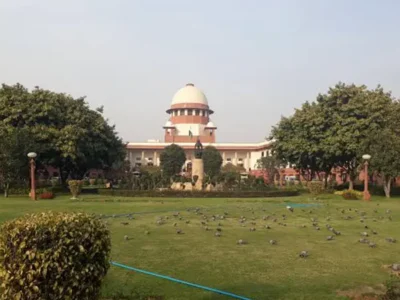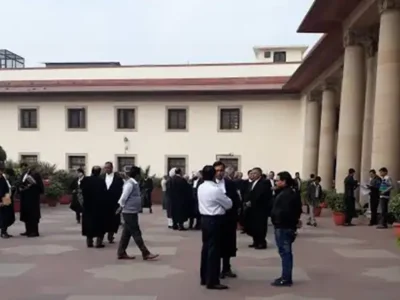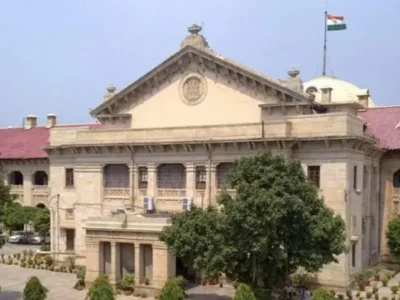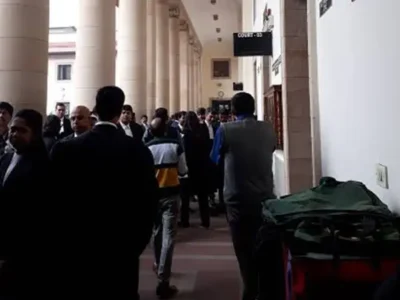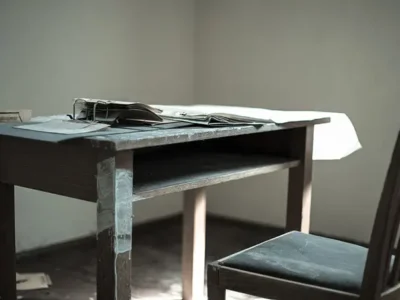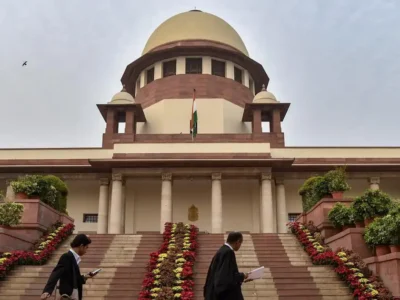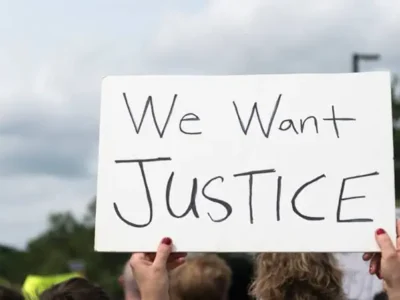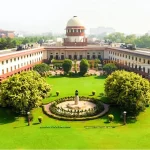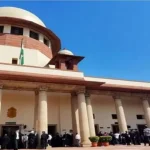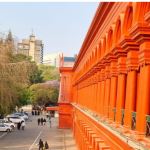A Look at What India’s Supreme Court Delayed, Dismissed and Decided in 2018
Supreme Court pronounced close to 1,000 judgments in cases of varied subject matters between January and November 2018.
Court Vacations: Are They Justified?
How much of a vacation do our judges need? This question comes up fairly frequently these days, particularly when there is conversations about the delays in deciding cases and the pending 3crore cases in our courts.
Make Haste Slowly: Why Time Limits Imposed for Judging Rape and Other Cases Are Seldom Observed in Practice
The horrifying incident of the rape and death of eight year old Asifa in Kathua (J&K) shocked the conscience of the country, when the police first found her body near a forest on 17 January this year.
Technology for Better Case Management
With over 27 million cases pending in subordinate courts across the country, there is a need to look beyond traditional summary statistics.
As Judicial Vacancies Soar, Lawlessness in UP May no Longer Be Just a Metaphor
While 1,217 subordinate judicial officer posts remain vacant, the state government and UP Public Service Commission's delay in filling them has seen a rise in pending cases. A speedy recruitment process is in the interest of speedy access to justice.
Revisit Policy on Court Managers
In a recent Supreme Court order in All India Judges’ Association vs Union of India, the court expressed its “considered view” that assistance of ‘Court Managers’ “is needed for a proper administrative set up in a court.”
Highlighting the Need For Better Support Structures to Aid Access to Justice
The Supreme Court of India in the case of All India Judges Association & Ors. v. Union of India & Ors., in its order dated 2 August 2018, has highlighted an often ignored problem with the Indian judiciary – the deplorable infrastructure of our courts.
Appointment of Judges to Higher Courts Governed by Instrument Lacking Democratic Scrutiny
A more widespread discussion on the Memorandum of Procedure is necessary because the process of appointment needs an overhaul.
India’s Sexual Crimes Ordinance Puts Time Limits on Trying Cases. Here’s Data on Why It May Not Work
What good is a law that seems perfect in theory but remains ineffectual in practice? The central government’s ordinance on sexual offences has been in the news for many reasons, primarily for introducing the death penalty as punishment for the rape of a child under 12.
Women Approaching the Judiciary
Have you ever wondered how many women approach the judiciary to file cases in court? This post seeks to shed some light on the number of cases filed by women in the subordinate courts across India, as well as highlight the nature of cases filed by them in comparison to the nature of cases pending in the subordinate courts of India.

